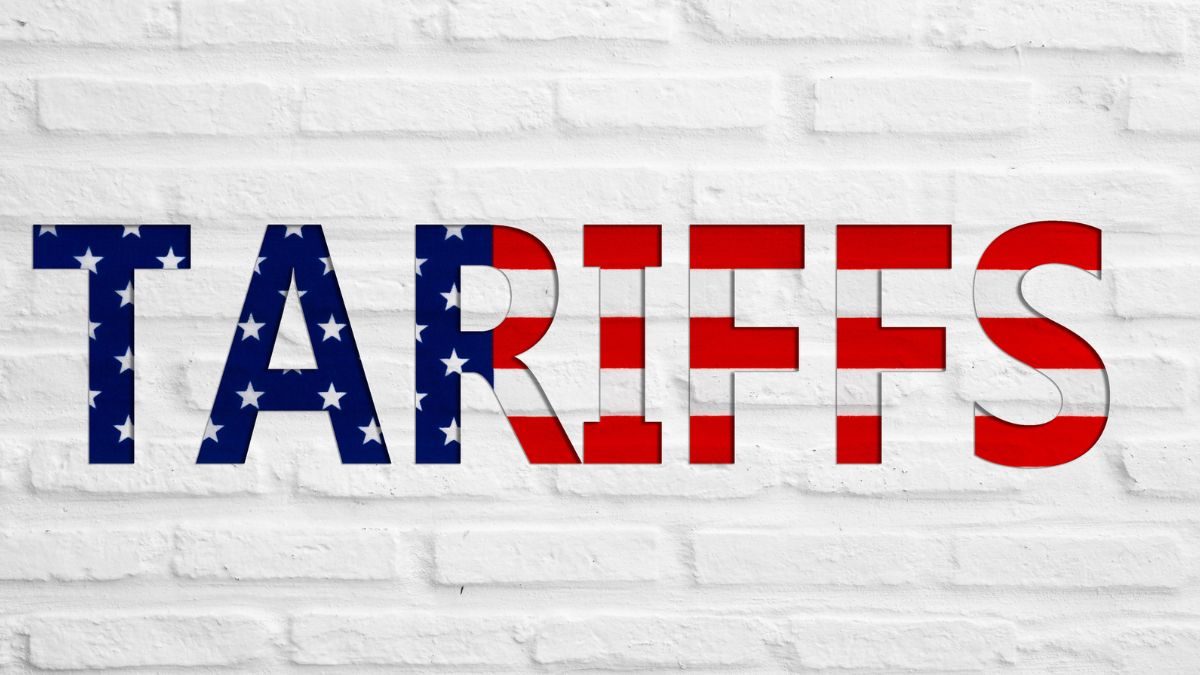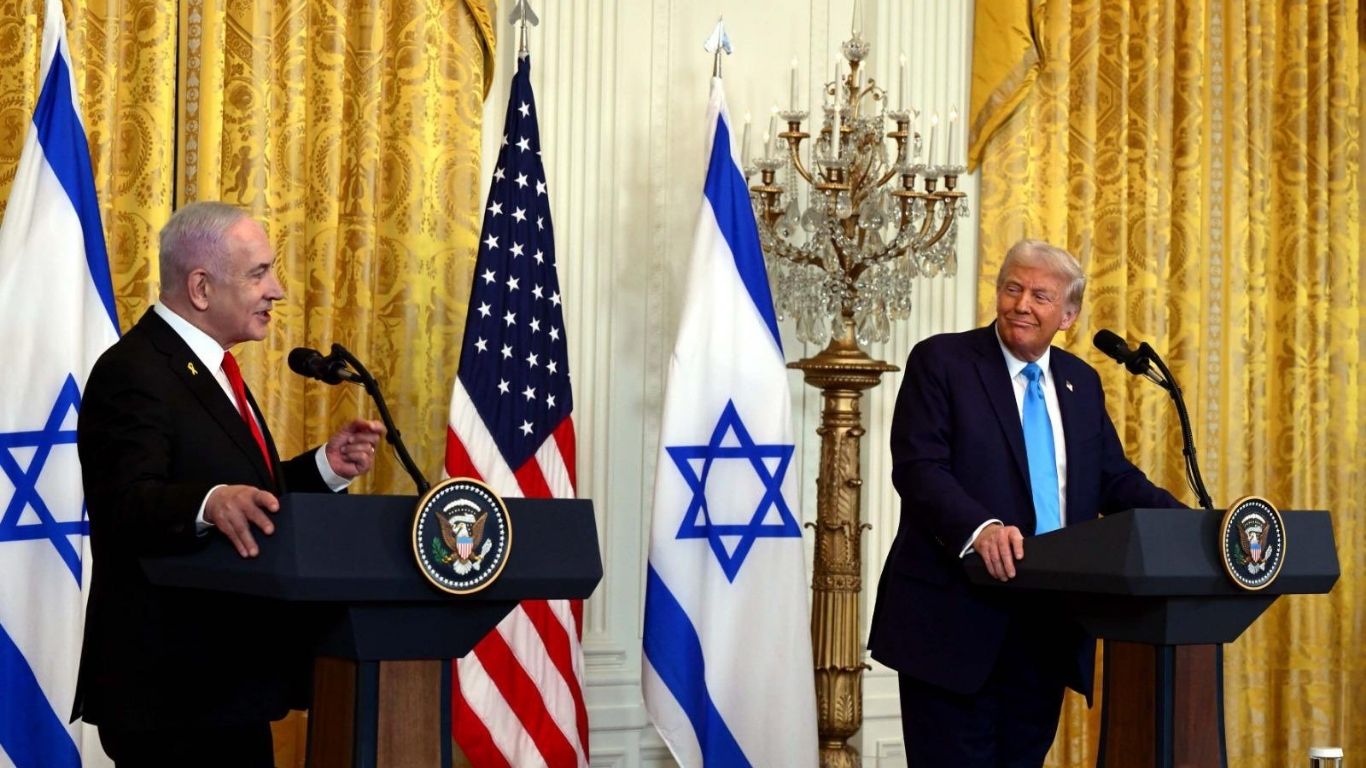As the Middle East faces another wave of escalating conflict, the latest US and Israeli attacks on Iran mark a profound shift in Western strategy. No longer confined to the familiar playbook of regime change, the emerging doctrine is one of strategic collapse a deliberate campaign to dismantle the very foundations of non-compliant states. This approach, rooted in power politics and enabled by the failures of international law, threatens not only Iran’s sovereignty but the stability of the entire region.
The Evolution: From Regime Change to State Decimation
For decades, “regime change” has been the West’s preferred tool for reshaping the global order. The United States alone has intervened covertly or overtly in the leadership of over 90 countries since World War II. Yet, the outcomes in Iraq, Libya, Syria, Afghanistan, and Gaza reveal a more disturbing pattern: the systematic destruction of state institutions, the unleashing of militias, and the permanent fragmentation of societies.
- Infrastructure targeted: Bombing of critical infrastructure cripples governance and economic recovery.
- Weaponized divisions: Internal ethnic, sectarian, and political rifts are exploited to prevent national unity.
- Social contract destroyed: The population is left without effective representation or protection, creating a vacuum for external interests.
This is not accidental failure it is the success of a new imperial strategy. The goal is not to install a friendly government, but to create entropy: a landscape of chaos where Western interests can operate with impunity, and local populations are stripped of political agency.
Theoretical Foundations: Realism and the Architecture of Chaos
Neo-Realist scholars like Kenneth Waltz have long argued that the international system is fundamentally anarchic, lacking any central authority to enforce rules. In this environment, states pursue power maximization as a rational survival strategy. For Washington and Tel Aviv, Iran’s military deterrence, regional alliances, and independent foreign policy are intolerable. The response: neutralize its sovereignty by dismantling its capacity to resist.
- Strategic alliances: Iran’s ties with Hezbollah, Syria, and Palestinian groups are seen as threats to Western hegemony.
- Military deterrence: Iran’s ability to project power is systematically targeted.
- Independent policy: Any deviation from Western dictates is met with escalating pressure.
Media Narratives and the Illusion of Morality
Public justifications for intervention human rights, democracy, non-proliferation are often exposed as post-facto rationalizations. Despite repeated confirmations from the IAEA and US intelligence that Iran was not actively pursuing nuclear weapons, the US and Israel launched strikes aimed at decapitating Iran’s air defenses, military leadership, and critical infrastructure. The true objective is not disarmament, but disintegration.
- Media framing: Aggression is cloaked in the language of humanitarianism.
- Academic ambivalence: Many Western scholars and activists avoid clear positions, hiding behind “both-sides” critiques that ultimately shield imperial violence.
- Discursive paralysis: This theoretical neutrality demobilizes public solidarity and stifles the emergence of a unified resistance narrative.
International Law: Principles Without Power
The United Nations Charter, under Article 2(4), prohibits the use of force except in self-defense or with Security Council authorization. Article 33 mandates peaceful dispute resolution. Yet, these principles are routinely undermined by the structural realities of the UN system:
- Veto power: The US and other permanent Security Council members can block any action against themselves or their allies.
- Enforcement gap: Condemnations are issued, but meaningful protection for sovereign states like Iran is absent.
- Legal cynicism: As John Austin noted, international law often functions as “positive morality”—a set of expectations, not enforceable obligations.
A Constructivist perspective, as articulated by Alexander Wendt, reminds us that international norms and identities shape state behavior. However, the selective application of law and human rights by Western powers erodes the legitimacy of the so-called “rules-based order,” undermining any global consensus on justice.
Iran’s Strategic Dilemma and the Specter of Collapse
The US is already deeply embedded in the conflict, with tens of thousands of personnel stationed in Israel and a constant flow of intelligence and military support. The delay in overt intervention is more about political optics than strategic hesitation.
Iran’s options for response are constrained by the scale of damage, its remaining deterrent capacity, and the international diplomatic environment. Potential strategies include:
- Disrupting maritime trade: Threatening the Strait of Hormuz, a vital chokepoint for global energy supplies.
- Proxy escalation: Intensifying support for allied groups in Iraq, Lebanon, and beyond.
- Diplomatic realignment: Deepening ties with China and Russia to counterbalance Western pressure.
For Iranian society, the stakes are existential. The collapse of the state would not usher in democracy, but chaos—warlordism, unregulated militias, and the predatory entry of foreign corporations. Sovereignty, the bedrock of political agency, would vanish.
The Fallacy of Detached Critique
The oft-repeated phrase, “I support the Iranian people but not the Iranian state,” is politically inert. Even Western hawks have weaponized the supposed “will of the people” to justify bombing campaigns. In moments of existential crisis, the state however flawed is the only structure capable of defending its population from total disintegration.
History demonstrates that only the strategic cost imposed by resistance can deter imperial overreach. Where resistance collapses, as in Congo, Iraq, or Gaza, imperial violence proceeds with catastrophic, unrestrained brutality.
Conclusion: Defending Sovereignty in an Age of Imperial Chaos
In an era marked by American decline and unrestrained militarism, neutrality is not an option. The language of empire is military, not diplomatic. Its preferred terrain is not stable client states, but fractured societies too disoriented to resist.
To preserve international order, justice, and the relevance of human rights, the defense of sovereignty must come first. Iran’s right to self-defense is not a matter of opinion it is an international legal right and a strategic necessity for resisting the expansion of what some now call a “planet of ruins.”
Western intellectuals and policymakers must oppose aggression, even when perpetrated by democratic allies, if they genuinely care about peace, dignity, and the future of international law. No state is flawless, including Iran. But destroying it will not advance history. It will only deepen the chasm, removing the very prerequisites for justice, stability, and regional self-determination. History will remember those who violated sovereignty when it mattered most.



